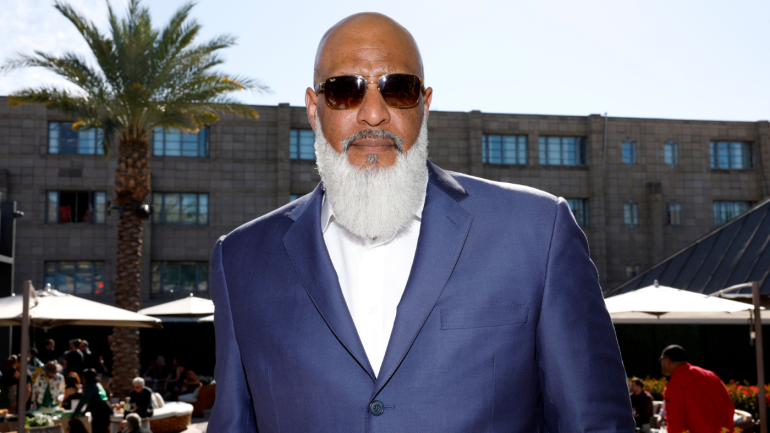
Tony Clark, the executive director of Major League Baseball's Players Association, told reporters on Saturday that the union will "never" accept a salary cap. Clark's comments come after a series of notable developments on the league side of things in response to New York Mets' owner Steve Cohen's breakaway spending, including the formation of an "economic reform committee" and Pittsburgh Pirates owner Bob Nutting publicly expressing his dismay with the Collective Bargaining Agreement.
Tony Clark just told reporters: "We're never going to agree to a cap." Spring training headlines have been full of owners bemoaning economic disparity. We are (checks notes) four years away from the next CBA negotiations. If you stay ready you don't have to get ready, amirite.
— Chelsea Janes (@chelsea_janes) February 25, 2023
Clark added that the pertinent question with teams is will they spend, not can they spend, according to Chelsea Janes of the Washington Post.
The owners' desire to install a salary cap is nothing new. Ditto for the union's rejection of such a mechanism. Both positions have been instilled for decades. As CBS Sports noted in response to Nutting's comments, the actual reasoning behind a salary cap is often misunderstood by more casual onlookers:
A salary cap is often portrayed as the silver bullet for baseball's economic disparity, but there's no empirical evidence that it improves parity. In reality, all the cap does is suppress player salaries, with the saved money usually being redirected to parts unknown. Besides, consider that most MLB clubs have, by and large, operated under a de facto cap in recent years in the form of the Competitive Balance Tax. Yet the presence (and adherence) to the CBT has not led to the Pirates being more relevant in MLB's greater landscape.
It is worth noting that the purported concern with the economic structure comes less than a year after the owners agreed to the current CBA, which is slated to run through the 2026 season. Moreover, it comes at a time when the Mets are projected to sport a $370 million tax payroll, resulting in a tax bill just short of $100 million -- or, nearly $75 million more than the next highest.
![[object Object] Logo](https://sportshub.cbsistatic.com/i/2020/04/22/e9ceb731-8b3f-4c60-98fe-090ab66a2997/screen-shot-2020-04-22-at-11-04-56-am.png)


















